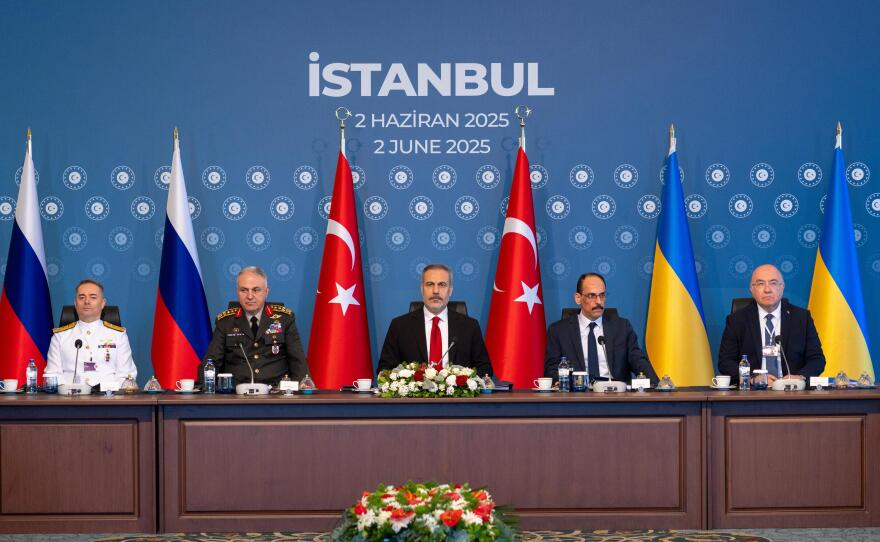
A Short-Lived Dialogue
On June 2, 2025, delegations from Ukraine and Russia concluded a brief round of peace talks in Istanbul, lasting just over an hour. Ukrainian President Volodymyr Zelenskyy confirmed that both sides exchanged documents through Turkish intermediaries and discussed preparations for a new release of prisoners of war. However, expectations for significant breakthroughs were low, especially following a series of dramatic military developments over the weekend.
Operation Spider’s Web: A Bold Offensive
The talks were overshadowed by Ukraine’s unprecedented drone strike on Russian military airbases. Dubbed “Operation Spider’s Web,” the operation targeted five major Russian airbases, Olenya, Dyagilevo, Ivanovo, Belaya, and Ukrainka, located deep within Russian territory. Utilizing over 100 AI-guided FPV drones concealed in cargo containers, Ukrainian forces launched a coordinated attack that resulted in the destruction or significant damage of 41 Russian military aircraft, including strategic bombers and early warning systems. The operation, planned over 18 months, has been hailed by Ukrainian officials as a “brilliant” and historic move, significantly impacting Russia’s military capabilities.
Russia’s Retaliation and Escalating Conflict
In response to the drone strikes, Russia initiated its largest missile and drone barrage since the onset of the conflict, targeting Ukrainian positions and infrastructure. The attacks resulted in casualties, including the deaths of 12 Ukrainian soldiers at a training base far from the front lines. U.S. Secretary of State Marco Rubio reinforced President Donald Trump’s call for immediate peace talks, emphasizing the need for serious negotiations to prevent further escalation.
Limited Progress in Istanbul Talks
Despite the heightened tensions, the Istanbul talks yielded some progress on humanitarian issues. Both sides agreed to exchange prisoners of war and repatriate the bodies of 12,000 soldiers, with each side returning 6,000 deceased troops. Plans for a new POW exchange focusing on the severely wounded and young captives were also discussed. Turkish President Tayyip Erdogan expressed hope for a future summit involving Presidents Zelenskyy and Putin, potentially mediated by former U.S. President Donald Trump.
Divergent Stances on Ceasefire and Territorial Issues
However, significant political stalemates persisted. Russia rejected Ukraine’s proposal for an unconditional 30-day ceasefire, offering instead a limited two-to-three-day partial ceasefire in specific areas to allow for the collection of fallen soldiers. Ukraine reiterated its call for a full ceasefire, comprehensive prisoner exchanges, and the return of abducted Ukrainian children. The talks highlighted deep unresolved conflicts over territorial issues and ceasefire terms, with no definitive progress toward ending the war.
International Reactions and Future Prospects
The international community remains closely monitoring the situation. The European Union and the United States are considering increased sanctions on Russia, while NATO allies discuss enhanced defence spending and Ukraine’s future membership. Turkey continues to facilitate dialogue, proposing a direct meeting between Presidents Zelenskyy and Putin, potentially involving former U.S. President Donald Trump. Ukraine has proposed a further round of talks in late June, aiming to address the complex issues hindering a lasting peace agreement.
Conclusion
As the conflict enters its fourth year, the brief peace talks in Istanbul underscore the challenges in achieving a comprehensive resolution. While humanitarian agreements offer a glimmer of hope, the path to lasting peace remains fraught with political and territorial disputes. The international community’s role in mediating and supporting negotiations will be crucial in determining the future trajectory of the Ukraine-Russia conflict.








































Leave a Reply